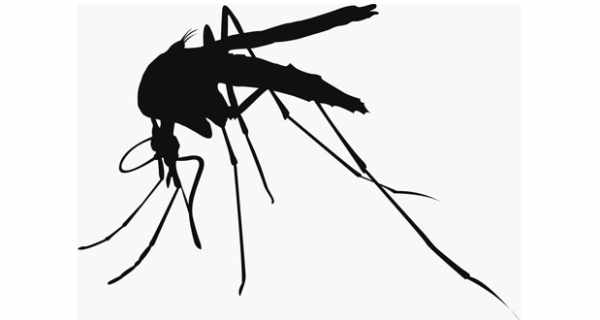Malaria kills more than one million people worldwide. The main reasons for the high prevalence of this disease are unhygienic conditions, poor diagnostic measures and lack of awareness about control measures. Scientists have invested a lot of time in designing methods and drugs to treat and prevent this disease. (Read: Top 10 facts you should know about malaria )
Pharmabiz.com reported that researchers from an international collaboration of AstraZeneca, GlaxoSmithKline, Columbia University and Harvard Medical School have discovered a new drug candidate that can kill the malaria parasite quickly and over a long duration. The research is funded by AstraZeneca India and Medicines for Malaria Venture (MMV), a non-profit foundation based in Switzerland. (Read: How is malaria treated? )
The candidate drug triaminopyrimidine (TAP) is currently undergoing various preclinical studies. The first clinical trials will begin within the next 12-18 months. It was reported that India would be the potential place for clinical trials due to the high prevalence of the disease in the country. The research was carried out in Bengaluru at AstraZeneca, R&D centre with support from other AZ global R&D units in the US and UK for safety studies. (Read:New technology can diagnose malaria faster)
It was also reported that the study was successful due to the contribution from GSK, Spain, Columbia University New York and Harvard University, MA. Rigorous efforts for three years resulted in the discovery of this candidate drug which can treat drug resistant and drug sensitive malaria. This study is titled ‘Triaminopyrimidine is a fast killing and long-acting anti-malarial clinical candidate’ and is published in the journal Nature Communications Team leaders at the erstwhile AstraZeneca Research India and first authors, on this paper, Shahul Hameed and Suresh Solapure informed that this project involved over 50 scientists globally with varying skill sets and expertise. The study was carried out by screening around 5,00,000 small molecules from the AZ collection and shortlisted TAPs. (Read: Neem and tulsi, effective remedies to keep malaria out of your house)
The study was quite a challenge as it involved collaborating with scientists with varied skill sets from across disciplines and also from across the globe. The potential drug has a half-life of 36 hours in humans, and it is touted to cure the disease in a single dose if paired with suitable partner drugs. The compound is active against multiple strains of plasmodium falciparum that is currently resistant to drugs available in the market.


